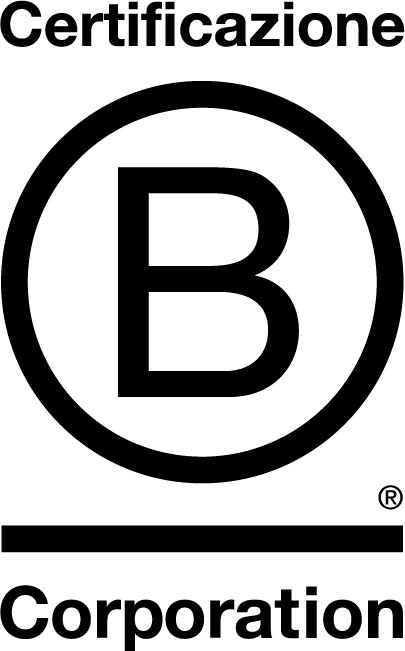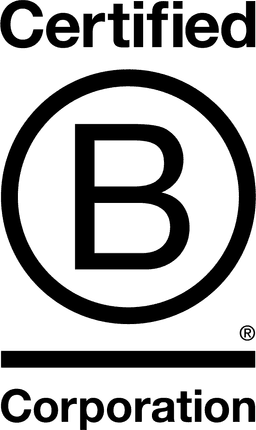

Tasca d'Almerita

Palermo, Italy
March 2023
Agricultural Processing
Agriculture/Growers
Italy
The history of Tasca d'Almerita spans eight generations and is centred around a family of viticulturists dedicated to Sicily, land preservation, and sustainability. It all began in 1830 at Tenuta Regaleali, a project to cultivate specific native grape varieties in suitable terrain. This endeavour led to the establishment of four additional estates: Capofaro on the island of Salina, Tascante on the slopes of Mount Etna, Whitaker on the small island of Mozia, and Sallier de La Tour in the Monreale DOC. Tasca d'Almerita played a pioneering role in founding SOStain, the first sustainability program in the Sicilian wine sector, encompassing comprehensive criteria. The company’s commitment has earned recognition from Wine Enthusiast, which awarded Tasca "European Winery of the Year," and Robert Parker Wine Advocate, with the honour of the prestigious Green Emblem. This accolade is reserved for a select group of sustainability ambassadors who have demonstrated extraordinary commitment to environmentally conscious viticulture in the face of evolving climate challenges. Today, Tasca d'Almerita, already a “Società Benefit”, has proudly achieved B Corp certification, solidifying its position as part of a global movement of businesses upholding high social and environmental standards.
Overall B Impact Score
Governance 13.3
Governance evaluates a company's overall mission, engagement around its social/environmental impact, ethics, and transparency. This section also evaluates the ability of a company to protect their mission and formally consider stakeholders in decision making through their corporate structure (e.g. benefit corporation) or corporate governing documents.
What is this? A company with an Impact Business Model is intentionally designed to create a specific positive outcome for one of its stakeholders - such as workers, community, environment, or customers.
Workers 21.2
Workers evaluates a company’s contributions to its employees’ financial security, health & safety, wellness, career development, and engagement & satisfaction. In addition, this section recognizes business models designed to benefit workers, such as companies that are at least 40% owned by non-executive employees and those that have workforce development programs to support individuals with barriers to employment.
Community 18.5
Community evaluates a company’s engagement with and impact on the communities in which it operates, hires from, and sources from. Topics include diversity, equity & inclusion, economic impact, civic engagement, charitable giving, and supply chain management. In addition, this section recognizes business models that are designed to address specific community-oriented problems, such as poverty alleviation through fair trade sourcing or distribution via microenterprises, producer cooperative models, locally focused economic development, and formal charitable giving commitments.
Environment 27.3
Environment evaluates a company’s overall environmental management practices as well as its impact on the air, climate, water, land, and biodiversity. This includes the direct impact of a company’s operations and, when applicable its supply chain and distribution channels. This section also recognizes companies with environmentally innovative production processes and those that sell products or services that have a positive environmental impact. Some examples might include products and services that create renewable energy, reduce consumption or waste, conserve land or wildlife, provide less toxic alternatives to the market, or educate people about environmental problems.
Customers 4.2
Customers evaluates a company’s stewardship of its customers through the quality of its products and services, ethical marketing, data privacy and security, and feedback channels. In addition, this section recognizes products or services that are designed to address a particular social problem for or through its customers, such as health or educational products, arts & media products, serving underserved customers/clients, and services that improve the social impact of other businesses or organizations.